A number of Xooglers are employing lessons and practices learnt during their stint at Google to branch out into innovative ventures, find Alnoor Peermohamed & Anita Babu.
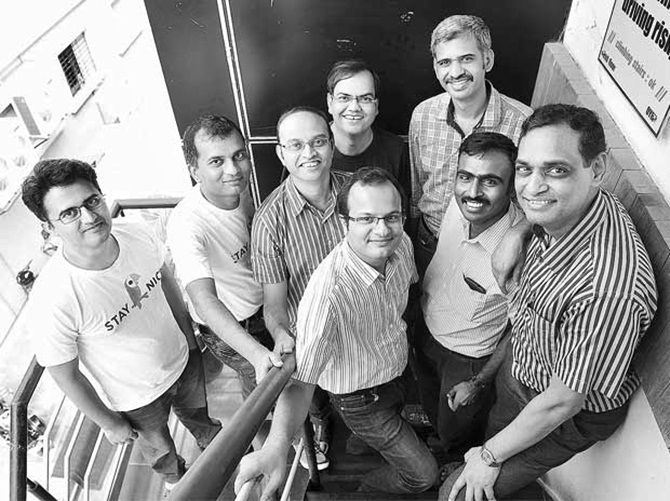
Lalitesh Katragadda has an audacious goal: to ensure that every home in the country gets high speed broadband access for around Rs 100 per month. For this, Andhra Pradesh is the laboratory - it promises a minimum speed of 10 mbps.
Katragadda is working for the government to connect a billion Indians. While the fibre optic cable to the user's doorstep, both in urban and rural areas, will offer bandwidth, entrepreneurs can build add-on services, such as educational content, for consumers to make the project viable.
It's a task of humungous scale for which Katragadda shuttles between Bengaluru (his home), Hyderabad, Visakhapatnam and New Delhi, helping governments at the centre and in Andhra Pradesh frame policies and build the digital infrastructure.
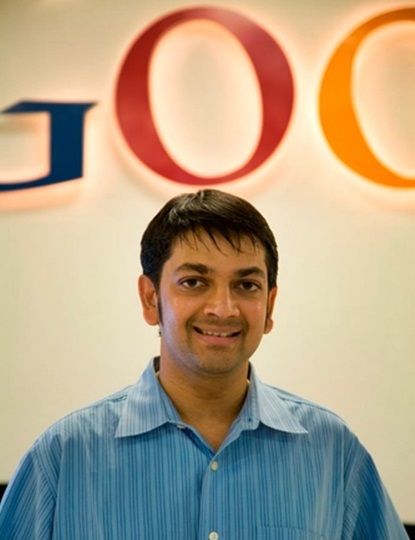
But he is daunted neither by the scale nor the complexity of the project. After all, Katragadda is a Xoogler - a former employee of Google. And like anyone who has worked or works at Google, Katragadda enjoys a good challenge.
One of them was helping set up Google's India engineering centre in Bengaluru in 2003, the first outside the US. Another was Mapmaker, Katragadda's creation that allows users to add information on Google Maps.
Like Katragadda, a number of Xooglers are employing lessons and practices learnt during their stint at Google to branch out into innovative - and sometimes seemingly impossible - ventures.

Step into the three-bedroom flat-turned-office of Chatimity in Indiranagar in east Bengaluru and you will find table tennis and football tables, and a well-stocked fridge.
It is here that 10-odd engineers mix work and play to fuel their creativity - much like the Google offices that have play areas, free food and work-while-you-lounge facilities.
The team has adopted "snippets" - a Google process that allows engineers to choose their projects, set their timelines and execute them by collaborating with other team members.
"This is how we run our ship, from our experience at Google," says Tarkeshwar Thakur who co-founded Chatimity with Aravind Murthy. "We don't go around asking people what they are doing. We have a Trello board, everybody's name is filled in and it is up to the people to figure out what they will work on."
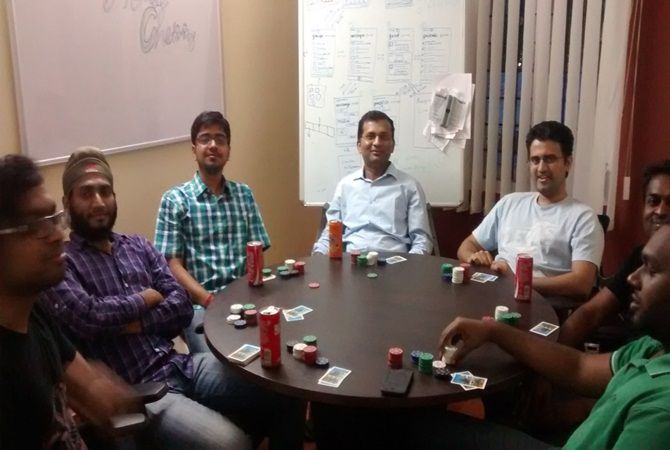
Chatimity is a mobile app that allows users to remain pseudonymous and post comments on forums of their interest - be it gaming, movies or restaurants. The platform is popular in West Asia and the Philippines.
These Xooglers, who were once rejected by venture capital firms that felt their product was "not so sexy", say they are now making profits. "We are growing for good," says Murthy who joined Google after graduating from the Indian Institute of Science.
An eye for identifying problems and the ability to find solutions is another skill learnt at Google. So, Xooglers Pankaj Risbood and his partner Jonathan Matus decided to do something about the problem of bad drivers.
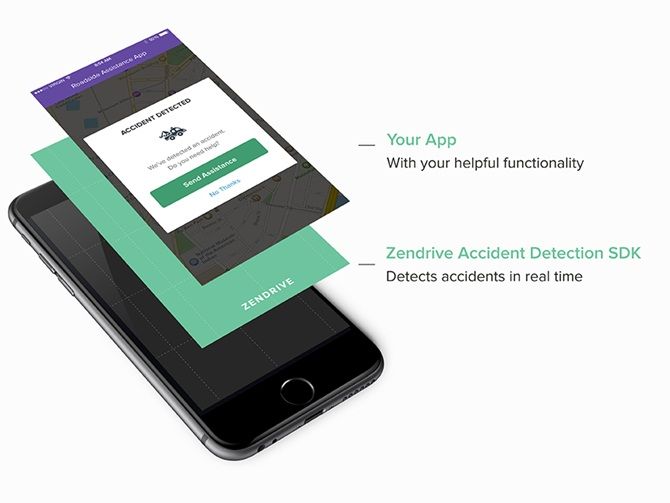
The result was Zendrive, a Silicon Valley startup with engineering base in Bengaluru that aims to drill better traffic sense in drivers on highways and in cities.
Here's how Zendrive works. A software code is installed in the driver's mobile phone. It tracks driver behaviour, including speed, and when needed, gives warnings to him or her to improve.
The code, similar to the Google analytics code installed on websites to track site metrics, transmits data captured on a dashboard which is now helping fleet operators in the US and large taxi operators in India to improve driver behaviour.
"Bad driving is a universal problem. We use real-time data to help drivers improve. One better driver on the road helps reduce accidents," says Risbood who is keen to work with the traffic authorities in India.
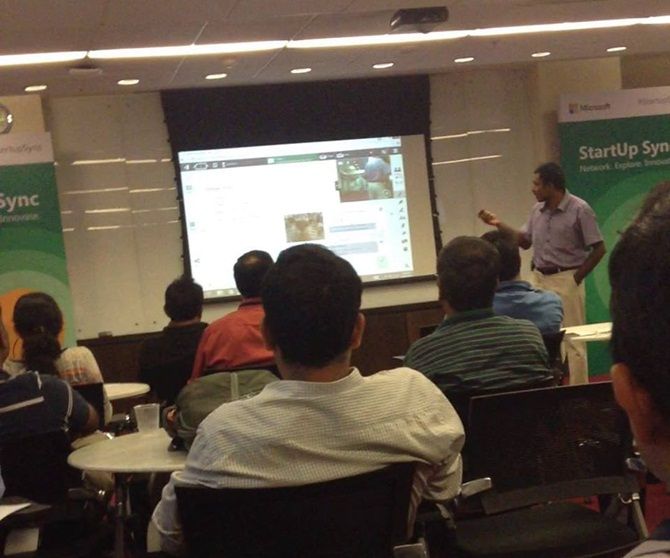
Data is the cornerstone for New Melchizedec Sundararaj whose firm, CloudInfra, sifts through billions of data bytes to help e-commerce companies sell more books and gadgets.
Cloudinfra has built a proprietary algorithm that constantly learns and improvises ("machine learning") to crunch massive data and help e-commerce companies profile customer behaviour better. Sundararaj has named his younger son Elon after maverick Silicon Valley entrepreneur Elon Musk who has placed an ambitious bet on sending humans to Mars.
"We guarantee 10X returns on their (e-commerce companies') investments with us," says Sundararaj who says handling scale in computing was the biggest learning from Google. Now, he uses the cloud infrastructure of Amazon to offer solutions to e-commerce firms both in India and abroad. "Few companies have the capability to build such insights using data," he says.

Data helped HealthifyMe also to shift its strategy.
This mobile app allows users to engage with a personal trainer and nutritionist to help lose weight. HealthifyMe was to be a mobile fitness assistant but as 98 per cent of its users sought help to shed flab, the business shift was natural.
"Our competition is VLCC, which is not online," says co-founder and Xoogler Sachin Shenoy.
HealthifyMe is seeing new business come from corporate houses that want to sign in their employees who want to be fit. So far, the company has been working with medical practitioners and reaching out to individuals to subscribe to its paid product through digital marketing.
In 2014, Xoogler Ankur Gupta was selected for the Massachusetts Institute of Technology's Global Start-up Labs programme where he met Arun Srinivasan. 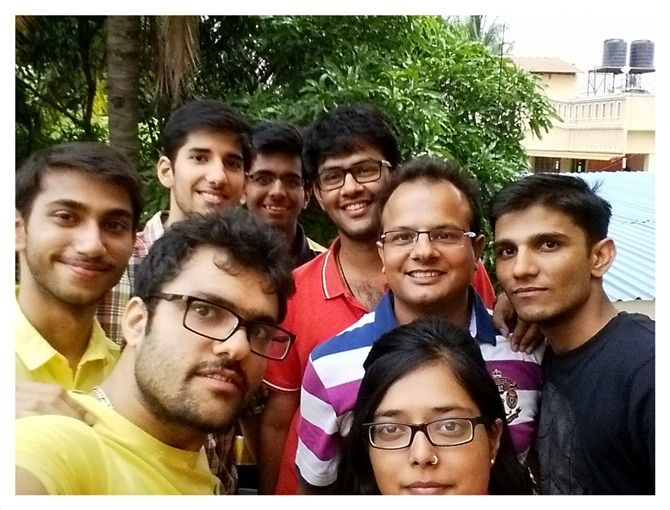
After a few brainstorming sessions, the two decided to work on a project, AdWyze, which would help marketers crunch data to give them actionable insights that would have a direct impact on their return on investment. Gupta had moved out of Google after six years because there "I had to wait for the bosses' approvals to get a project going".
The opportunities India presents are also drawing these engineers to start enterprises that can help solve local problems - and give back to society. 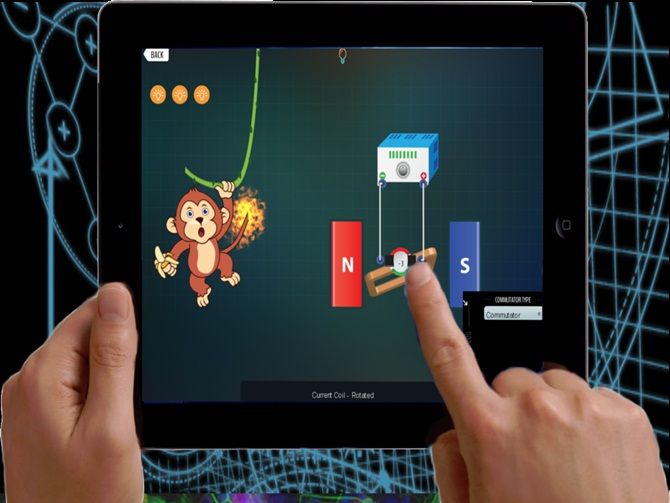
So, making learning fun is the agenda of education start-up Maza Learn, co-founded by Sridhar Sundaram.
It is among the few start-ups in India to use gamification - the concept of using computer or mobile games - to teach schoolchildren subjects such as science and mathematics, while measuring their performance and improving their understanding of the subject.
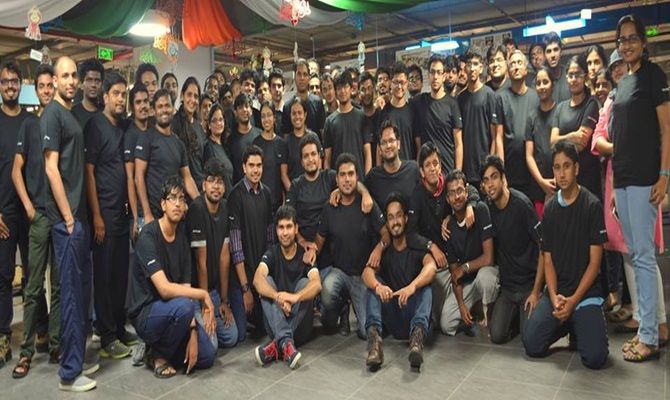
Like Sundaram, Xoogler Atul Satija has started the Nudge Foundation, a non-profit enterprise that Infosys co-founder Nandan Nilekani has contributed to.
The foundation aims at providing residential training to under-privileged people across India in skills like tailoring and carpentry.
India's start-up ecosystem is not a new one. Infosys was founded when N R Narayana Murthy and six co-workers, including Nilekani, quit Patni Computers in 1981 to start on their own.
In the last decade, nearly 50 firms have been founded, largely in the IT services space, by Ex-Infosys Technology Entrepreneurs, or XITEs. Infosys's cross-town rival, Wipro, too has groomed its employees to start on their own.
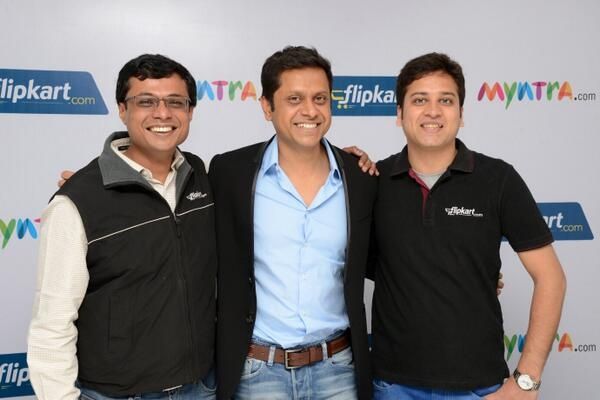
In recent years, several engineers have also quit multinational companies and taken the solo route. Before he launched app-based cab aggregator Ola Cabs, Bhavish Aggarwal worked at Microsoft. Sachin Bansal and Binny Bansal, who co-founded Flipkart, were Amazon engineers.
But the single largest pool of engineers who have built their own companies from MNCs would be from Google. The wealth generated from employee stock options at Google is giving them the confidence to take the leap of faith.
Around 25-30 firms have been founded by Xooglers in the last few years, most of them in Bengaluru, says Amit Somani, Xoogler and partner at venture capital firm Prime Ventures. Somani, a former product manager who still preserves a stack of Google T-shirts at his home as memorabilia, helped scale MakeMyTrip to its Nasdaq listing.

Then there is Livspace, founded by Anuj Srivastava, a former product manager for Google who hopes to redefine home interior design through the mobile platform.
Somani of Prime Ventures says it is possible to build a Google-like company in India and there might just be one in the works. "Google had an awesome business model. From day one, it could nurture a team and tell it to figure out problems," says Somani. "With that business model, you can get away with murder."
"Build for scale - that's something we learnt at Google. It's built into our DNA now. Any idea we think, anything we conceive or design, it's always scale based," says Sundaram. "You can take us out of Google but you can't take Google out of us."
Bibhu Ranjan Mishra and Raghu Krishnan contributed to this report.









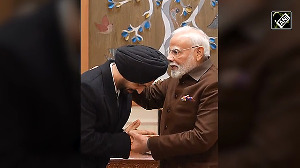


 © 2025 Rediff.com -
© 2025 Rediff.com -